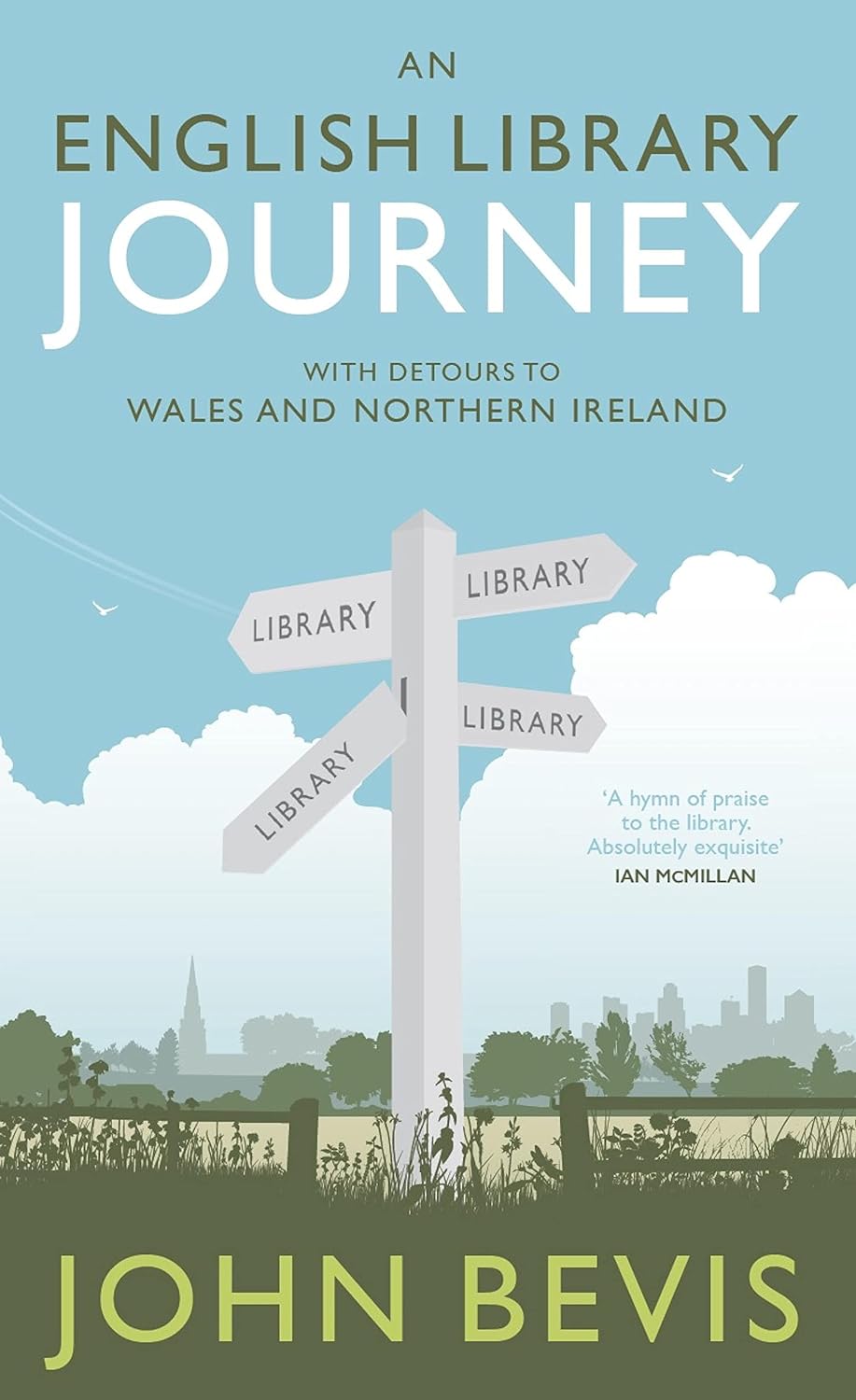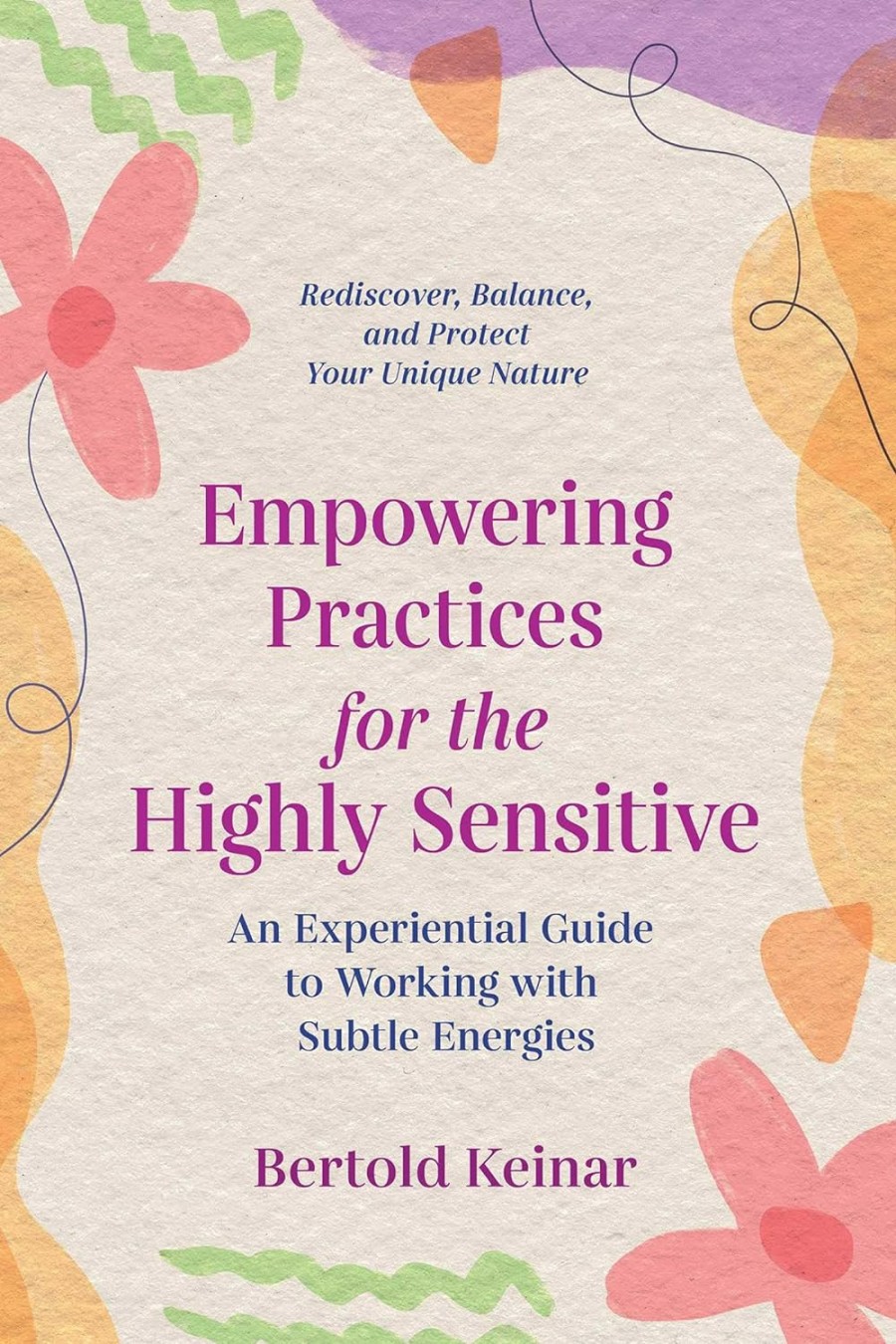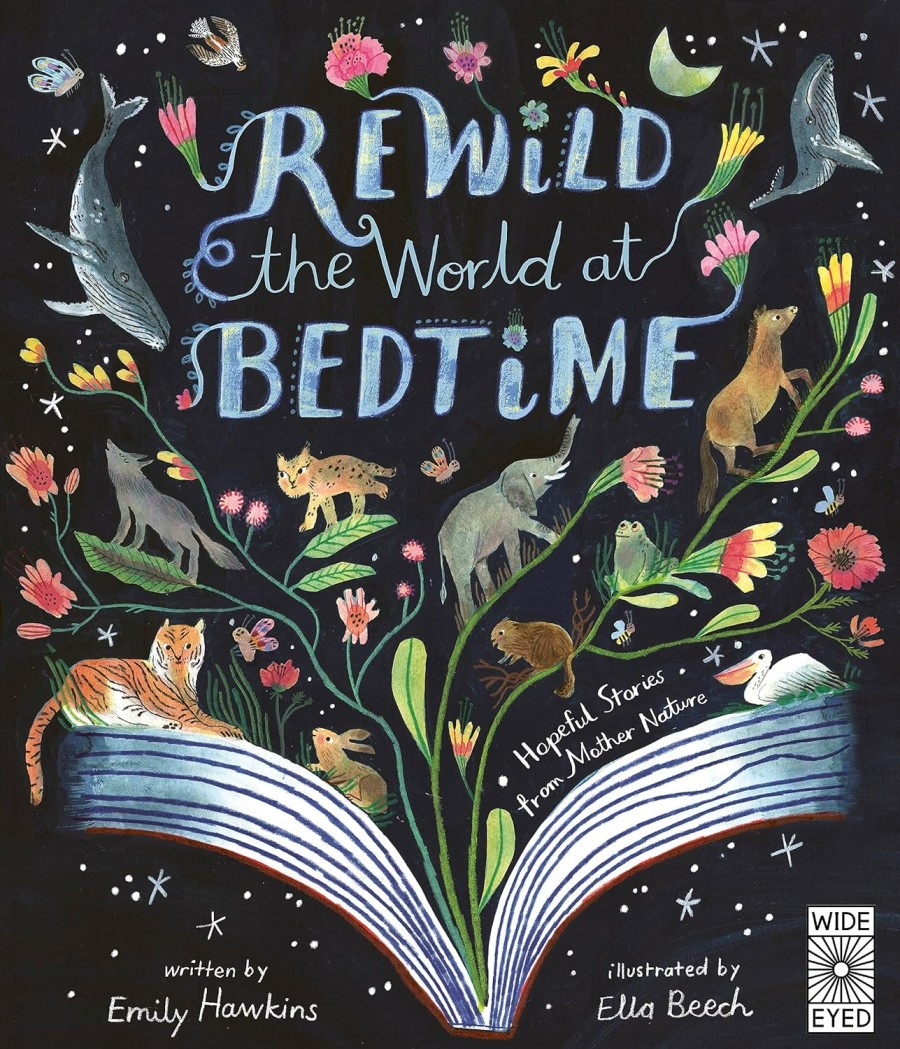
An English Library Journey is the story of one writer who decided to obtain a membership card for every library authority in England. Across 10 years, he journeys from Solihull to Slough and from Cleveland to Cornwall, to enroll at libraries of all shapes and sizes. From monuments to Art Decor to a converted corset factory. Engaging us with anecdotes Bill-Bryson-style, he is as interested in the people finds in libraries as the buildings themselves. A book to be treasured by library fans.
One writer once noted that if you were told you could go into town and find a big shop where all the books were free, you would run there. And yet that’s just what most towns have. You can often order books you wish to read at the library, and the authors still get a token payout (more if people regularly order). And usually you can borrow up to 10 books, and return them to any library in the same authority. Enter your postcode if you live in a village to find your nearest mobile library.
Google can bring you back 100,000 answers. A librarian can bring you back the right one. Neil Gaiman
Librarians are just like search engines, except they smile and talk to me, and they don’t give me paid-for advertising when they are trying to help. And they have actual hearts. Matt Haig
Many historic libraries have recently been demolished, leading to many local historians being aghast at the reasons why. Birmingham Central Library was not the prettiest of buildings, but it was demolished a few years back, in order to build city office space. And nearby, Nuneaton’s iconic library that has served the community for 50 years is about to be demolished, to make way for a new building and offices. The building could easily be retrofitted, and would preserve a building by Sir Frederick Gibberd, who designed Liverpool Metropolitan Cathedral.
The good news is that most libraries have ‘stock suggestion forms’, you may have to ask for them. You can then pen down the names of books you’d like to see. Most libraries don’t stock self-published books, but they may make exceptions for say local books by historians of special significance to the area. The reason for this is that the books must carry the proper imprint labels etc, to be legally able to lend out and give a profit percentage to the author. If you are blind, you can borrow and return (freepost) books from Listening Books or Living Paintings (touch-to-see books for children & adults).






